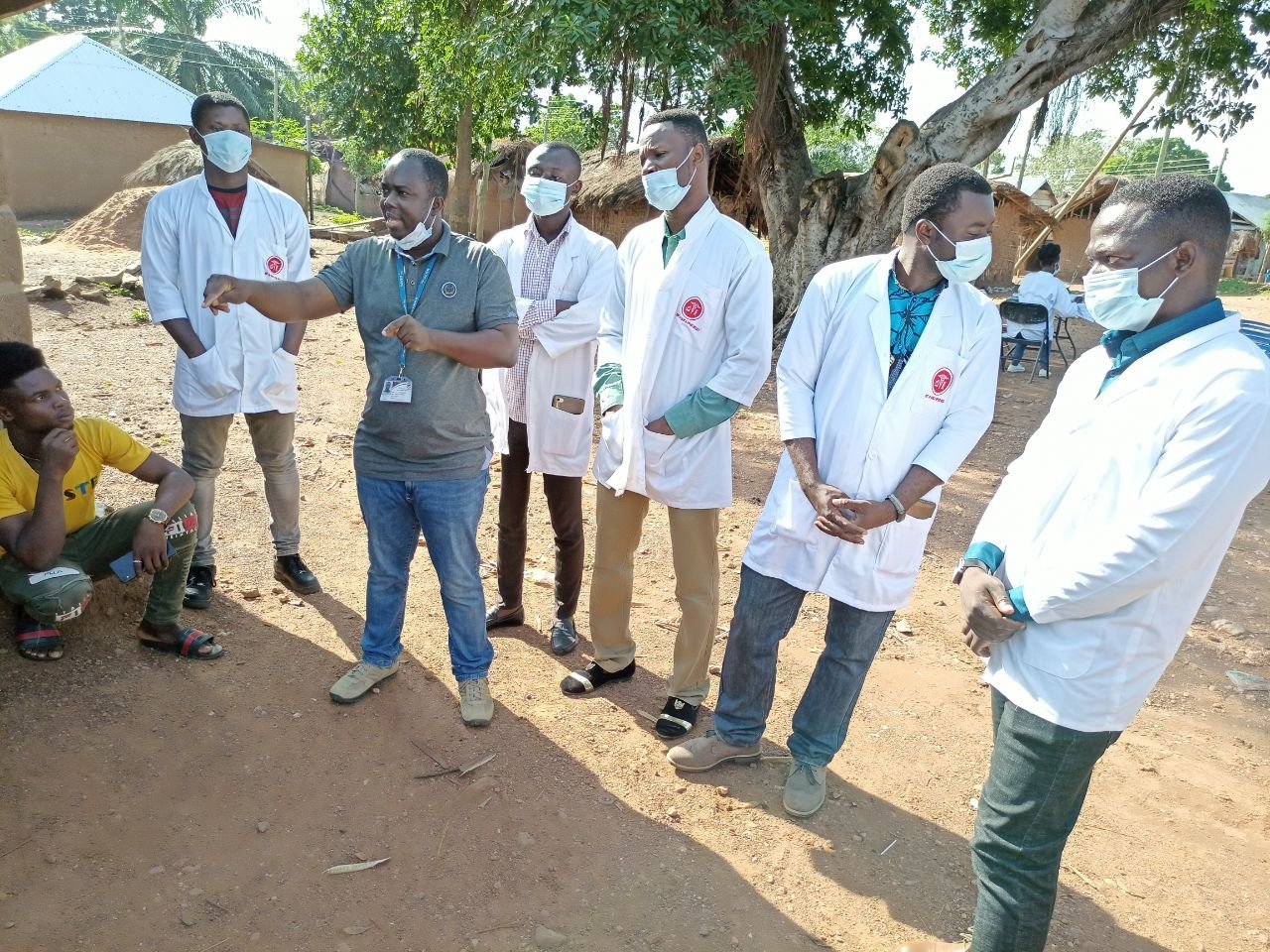
Background: This study aims to investigate the feasibility of
integrating the Ov16 rapid test into onchocerciasis surveillance activities in
Ghana based on the attributes of acceptability, usability and cost. Two
approaches proven to be viable options to replace skin detection of
microfilaria in the diagnosis of onchocerciasis are Polymerase Chain Reaction
and Ov16 IgG4 based serology test. PCR is not practical for community
surveillance in Sub-Saharan Africa because it is expensive to purchase and
operate and requires highly skilled staff. ELISA based serological tests are
also fraught with challenges including the need for analysis in the lab and
lack of standardized commercially available Ov16 ELISA, resulting in variations
in lab protocols. In 2014, a new, field-friendly, rapid diagnostic tool with
potential for integration into current onchocerciases surveillance programmes
in endemic countries was developed and made commercially available (SD BIOLINE
Onchocerciasis IgG4 rapid test). The performance of the Ov16 rapid test has
been evaluated in the field and current global research priorities focus on
operational and implementation research to demonstrate utility and increase
access of the Ov16 rapid test, particularly in low-prevalence communities which
have had several rounds of ivermectin



















